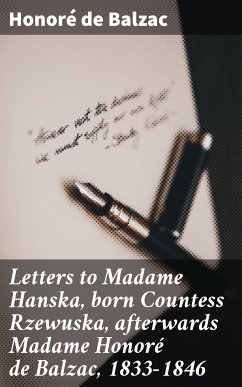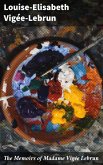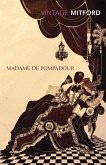In "Letters to Madame Hanska, 1833-1846," Honorv© de Balzac presents a profound collection of correspondences that reveal the intimate and complex relationship between the author and his correspondent, the Countess Louise d'Agoult, who later became his wife. These letters are notable not only for their heartfelt expression of love and longing but also for their reflections on the intellectual currents of 19th-century France, infused with Balzac'Äôs characteristic realism and fervent passion. The literary style oscillates between confessional and epistolary, offering readers a glimpse into Balzac's thought processes, creative struggles, and philosophical musings that complement his renowned works in "La Comv©die Humaine." Balzac, a prominent figure in the literary movement of Realism, was profoundly influenced by his tumultuous personal experiences and his fervent devotion to literary production. His correspondence with Madame Hanska, whom he referred to as his muse, provides critical insight into his creative genius as well as the societal norms of their time. Their relationship spanned years of separation and yearning, which further enriched the depth of these letters, illustrating the relentless pursuit of both love and literary accomplishment. This collection is highly recommended for readers interested in the interplay between personal life and literary creation, as it not only illuminates Balzac'Äôs emotional landscape but also serves as a testament to the power of love in shaping an artist'Äôs work. "Letters to Madame Hanska" is an essential read for anyone wishing to delve deeper into the mind of one of the nineteenth century's greatest writers, revealing how personal passion fuels artistic inspiration.
Dieser Download kann aus rechtlichen Gründen nur mit Rechnungsadresse in A, B, BG, CY, CZ, D, DK, EW, E, FIN, F, GR, H, IRL, I, LT, L, LR, M, NL, PL, P, R, S, SLO, SK ausgeliefert werden.









